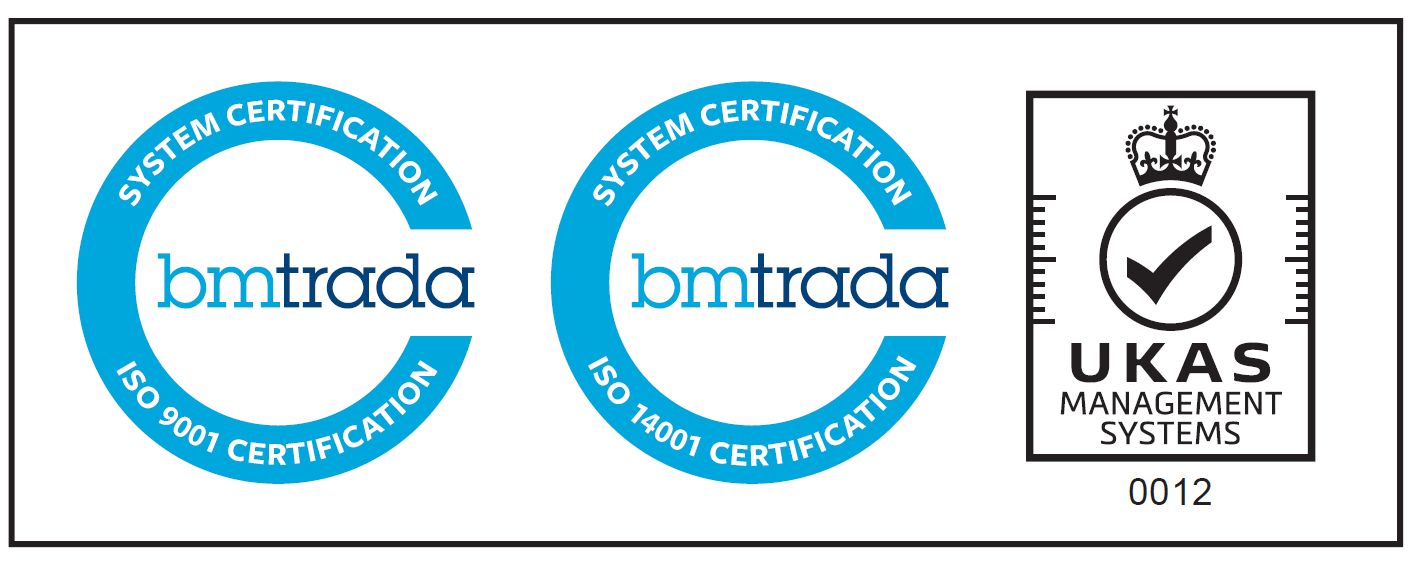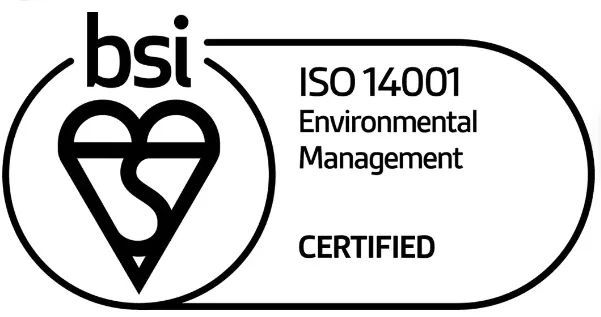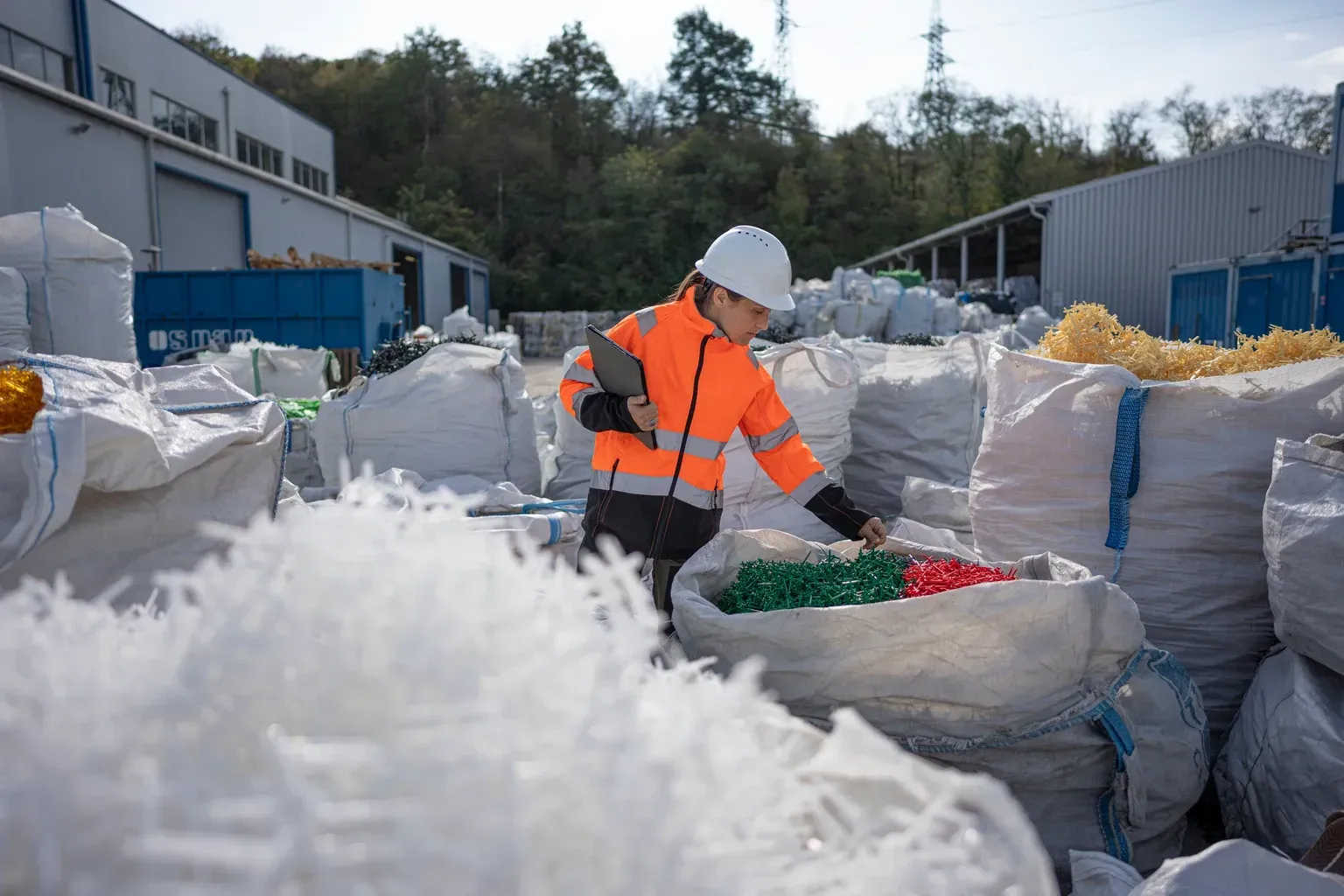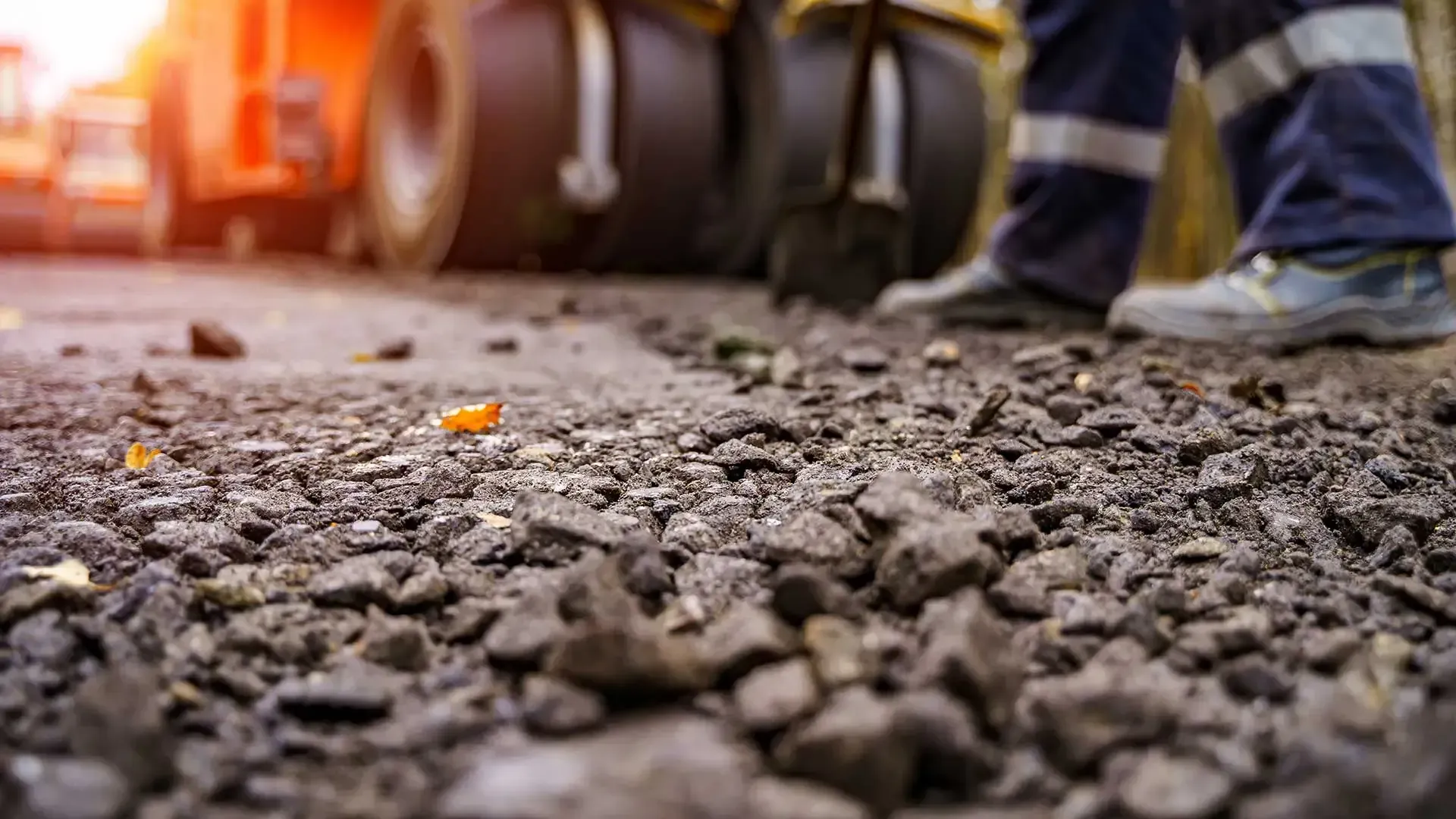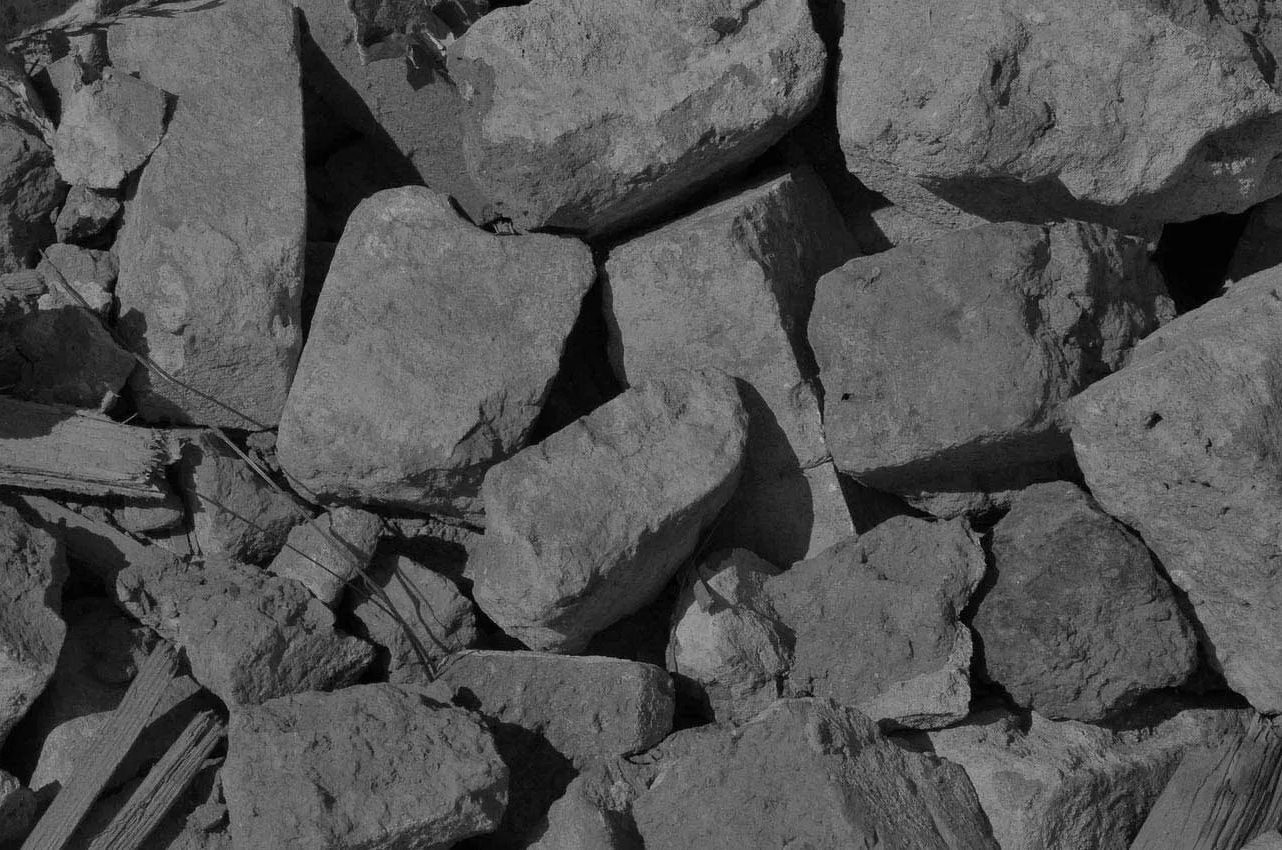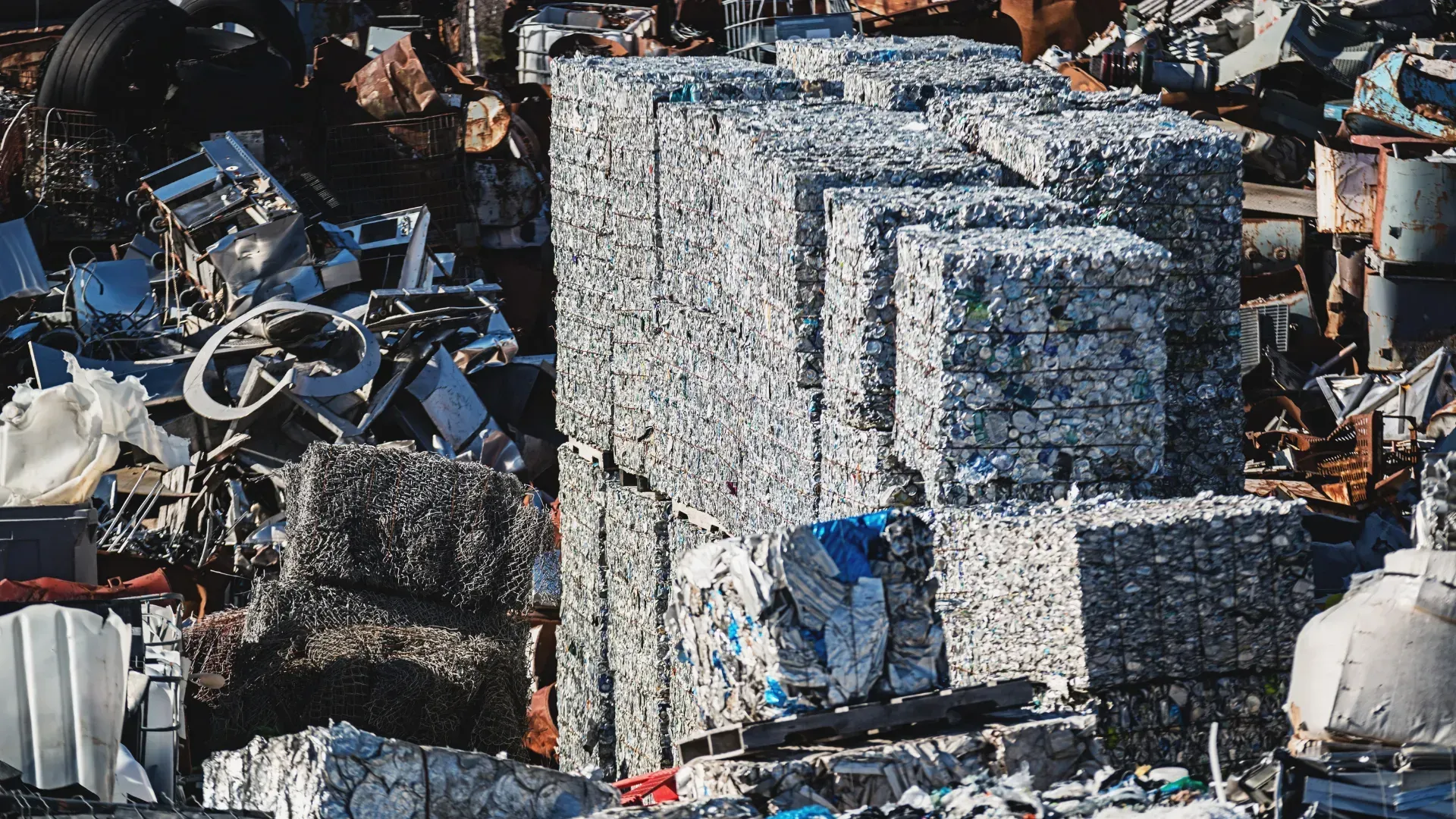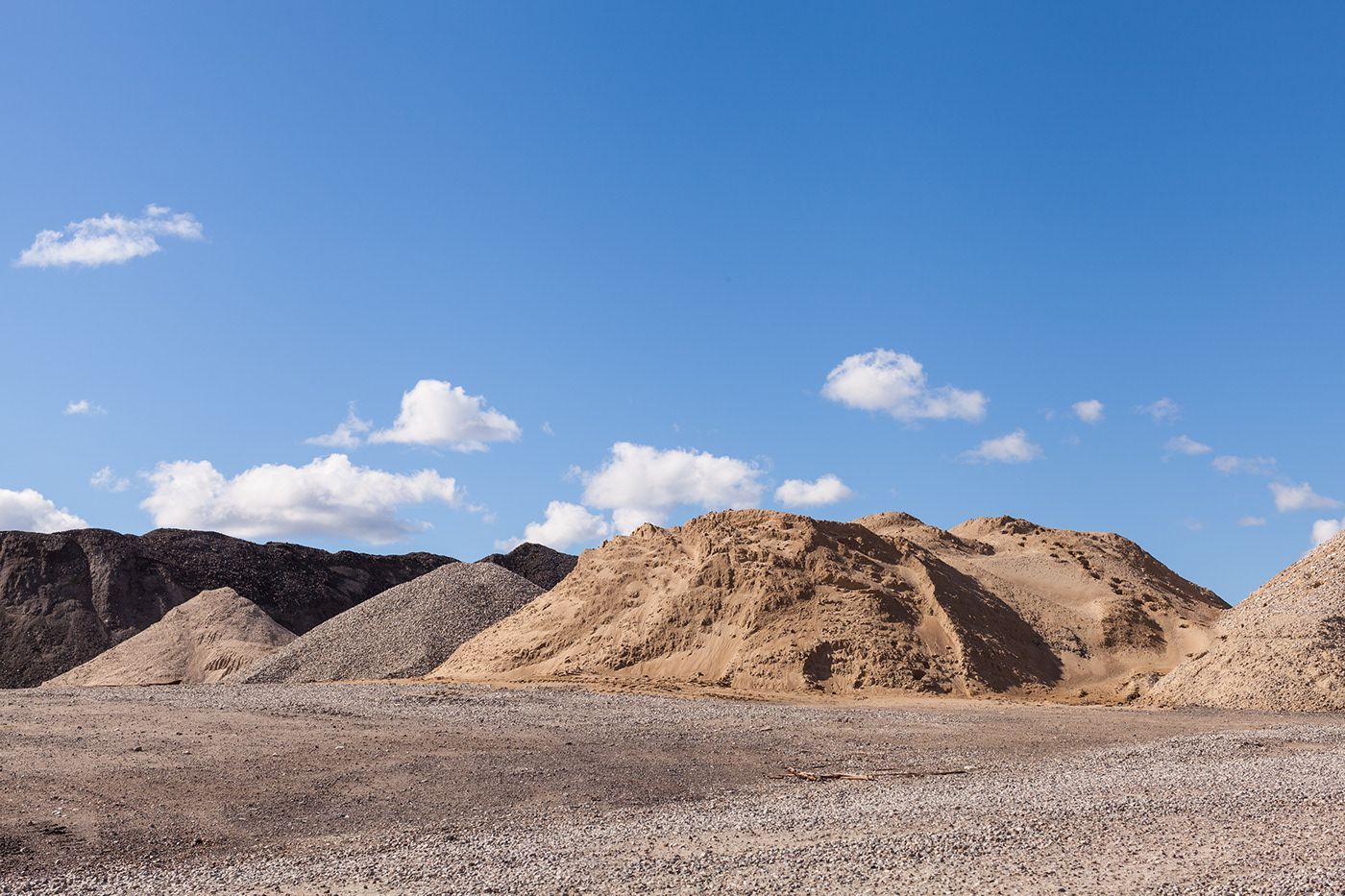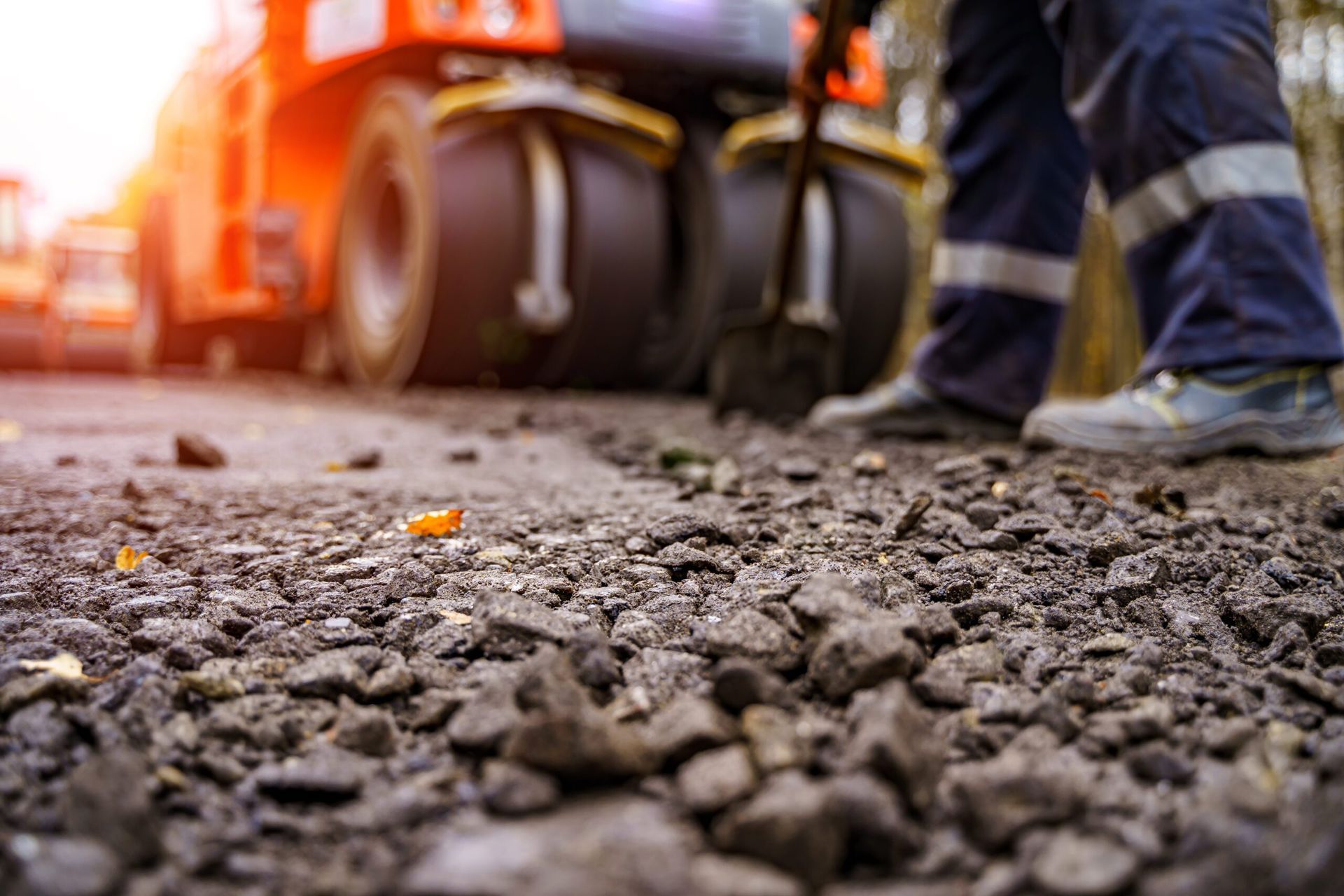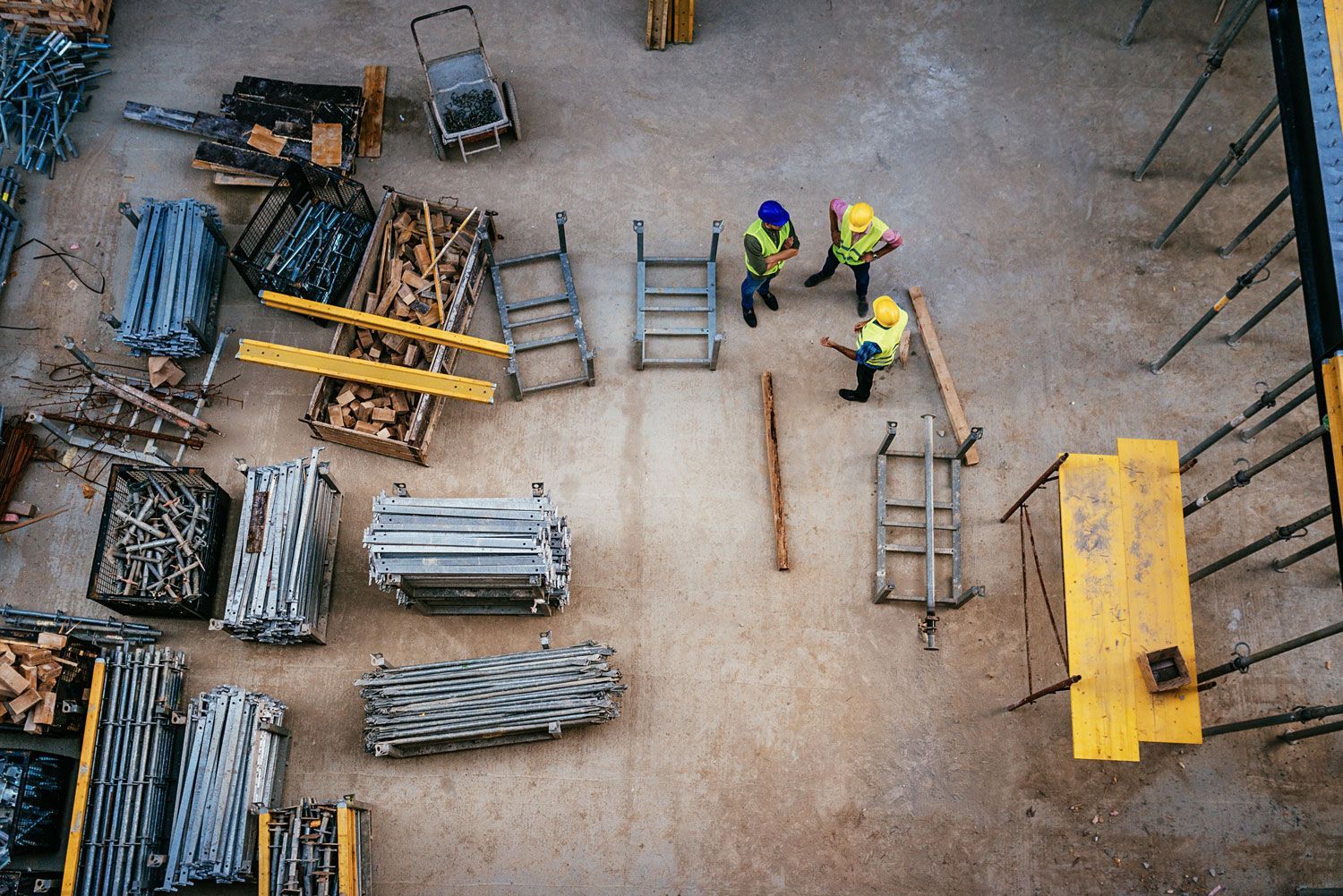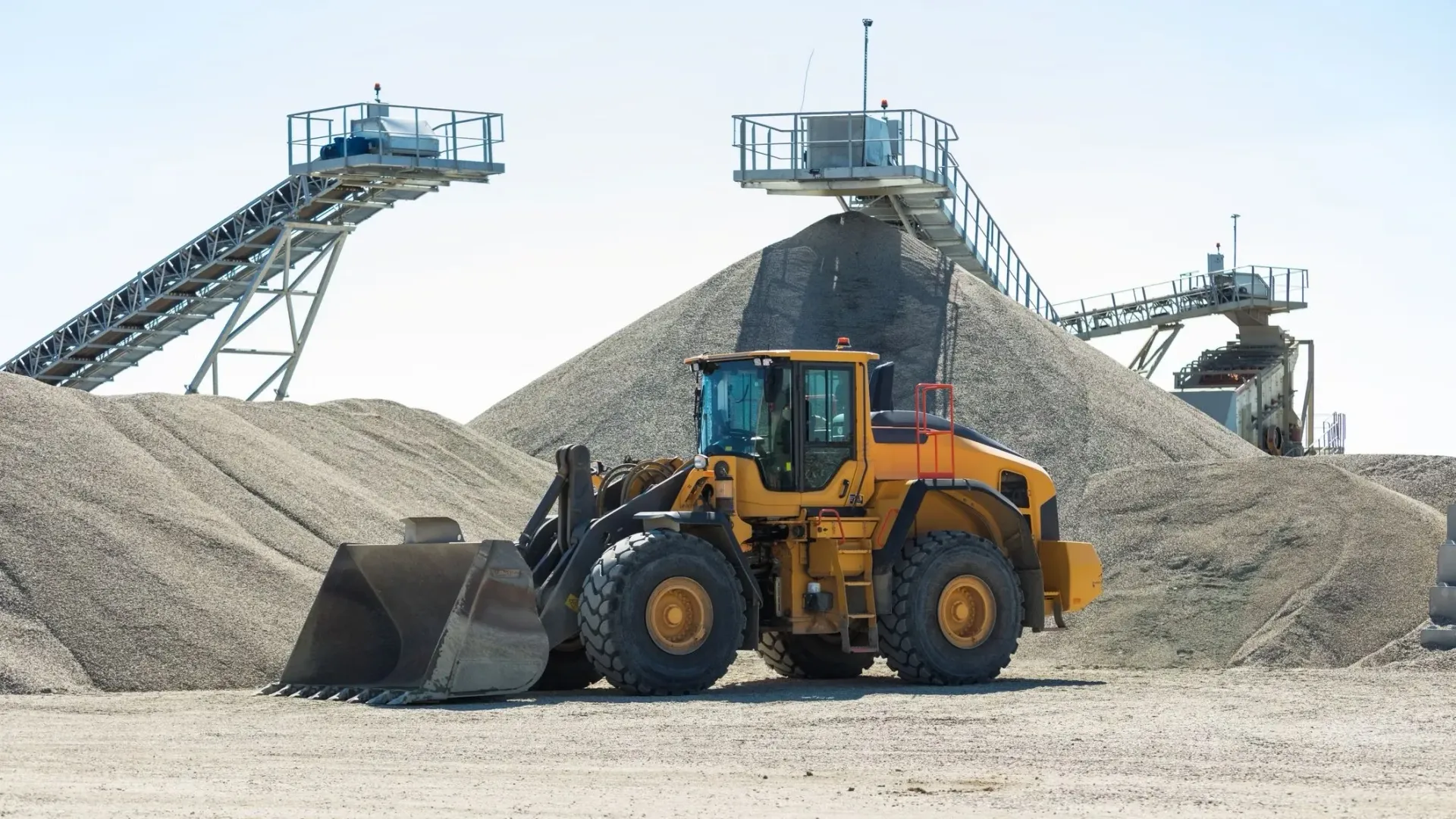Asphalt vs Gravel Driveways: Choosing the Right Surface for Your Needs
If you’re looking to repave your driveway, then it’s likely that you may be considering either an asphalt or gravel surface. Asphalt is a type of concrete made of aggregates, binder and filler that results in a smooth, water-repelling surface, whereas gravel refers to a collection of small, loose rock fragments that are often used in both construction and landscaping.
But, the question remains: which is better? There isn’t one definitive answer for this, as it all depends on the properties and requirements you personally have for your driveway. However, to help you choose which may be better suited to your needs, we’ve compared the two in this blog. Keep reading to find out more.
Asphalt Driveways
Pros
Low Maintenance
Asphalt driveways are considered to be relatively low maintenance. Due to their durable nature, they don’t require frequent repairs or precautionary measures. It’s simply recommended that they are brushed with a broom and cleaned with a power washer at least twice a year to keep the driveway clear of any dirt and debris.
Well-suited to Cold Climates
Compared to gravel, which has less traction in wet and icy weather, asphalt offers a less slippery surface, making it more comfortable to walk and drive on during the colder months. It’s also easier to shovel snow off of, allowing you to keep it clear during particularly cold periods and adverse weather conditions.
Cons
Style Limitations
Unlike gravel, which can be customised based on rock shape, size and colour, asphalt is simply grey/black. It cannot be customised to suit your style preferences, so if you’re looking to achieve a rustic or purposeful aesthetic with your driveway, then asphalt may not be the best choice for you.
Can be Affected by Temperature Changes
Whilst asphalt offers certain benefits in the cold, changing temperatures do still have the potential to affect its integrity. Whilst its durability is renowned, over time asphalt can become more susceptible to freeze-thaw cycles; any cracks in the surface are likely to worsen if water gets inside and freezes, thus expanding the crack and damaging the surface further.
Extremely hot temperatures can also have an effect, making the asphalt softer and more pliable, which may lead to indentations forming.
Gravel Driveways
Pros
Cheaper to Install
Gravel is generally considered the cheaper option to install, making it more suitable for those with tighter budget restrictions.
Good Drainage Properties
Thanks to its good drainage properties, gravel is ideal if your driveway is otherwise usually susceptible to flooding or standing water during periods of particularly wet weather. The gravel helps to redirect water runoff away from your driveway as well as dispersing it into the soil below.
Cons
More Frequent Maintenance
Gravel does require more frequent maintenance throughout the year, as frequent use will disturb the placement of the rocks. As such you should regularly rake it to both remove debris and disperse the rocks to avoid any ‘bald spots’.
Can Wear Down Tyres Quicker
It’s worth bearing in mind that tyres tend to wear down faster when frequently driving on gravel due to its loose surface. Not only will the tread wear quicker, but there’s more of a chance of small cuts and possibly even punctures from sharp rocks or stones in the worst case scenario.
Local Asphalt & Gravel Supply
So, which sounds like it would be best for your driveway? Whichever you choose, we’ve got you covered here at WM Thompson & Son.
We offer both gravel and asphalt supply available for local delivery across Scotland. Simply get in touch with us today to discuss your requirements.
